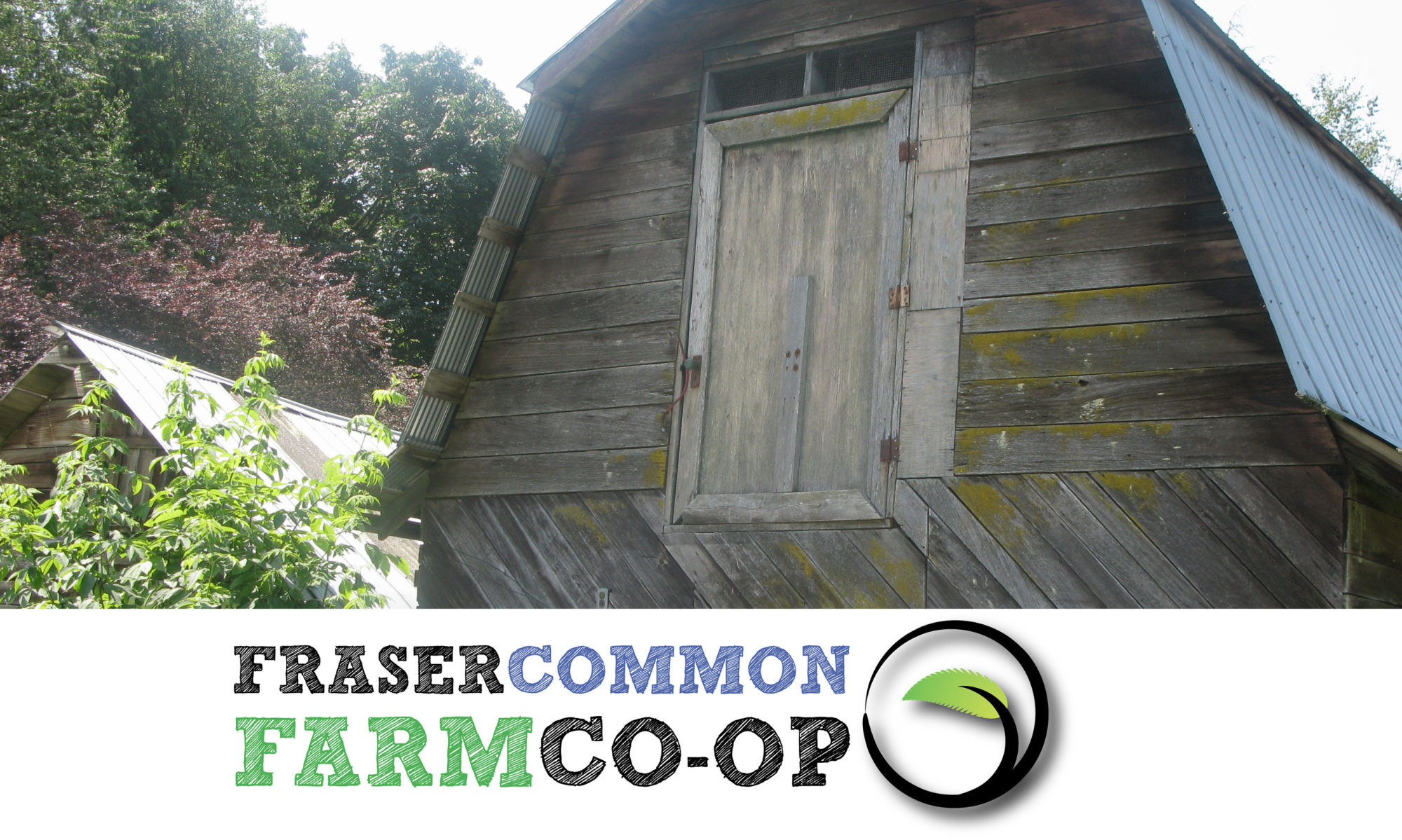Known Issues
Crop Loses
In 2016 and 2017 we began to experience water shortages. We plowed under the potato crops . This was the first time we simply didn’t have enough water for irrigation. While, in the past, our wells have occasionally run dry, they usually re-filled in a matter of hours. In the last few years it has become a regular occurrence and the wells take longer to re-fill.
Domestic Water Shortages
Even though the largest use of water on our farm is for irrigation, lack of water affects our ability to wash and package product, and to do basic domestic functions like cooking, laundry and showers.
New Pests
It is well known that new pests are migrating into the Fraser Valley with the changing climate — recent winters are not cold enough or long enough to keep these populations in check. We’ve experienced increased losses in our fruit production and our ability to market fruit due to these new pests — particularly the spotted wing drosophila and the apple maggot.
Planning and Action
We’ve had difficulties planning for these realities. It is particularly difficult to evaluate complex situations and make effective decisions. The tendency is to “Band-Aid” over them with short-term fixes.
It’s likely that everyone in the farm coop agrees on the importance of pausing to articulate how climate change affects us currently and how it might impact us in the future. Finding the time and creating the space for research and analysis, is, however, challenging. No one argues that consulting with others can help determine if our experiences are universal or specific to our farm. Some point out, however, that paying experts to tour our property and to tell us what we already know is a waste of time and money.
By necessity, participation in-group processes is book-ended by the growing season. The capacity of our small farm group, made up of 12 residents (ranging in age from four years to eighty) is limited both in time and in seasonal expectations. Able-bodied members work long hours to produce enough sales in the height of the season (May-Nov) to live year round. Meetings, once the season begins, are allotted to making decisions about production, maintenance, and projects.
Even taking the time to frame a project and determine priorities is challenging. Not everyone approaches planning with the same enthusiasm or allocates it the same importance. It can’t (and shouldn’t) compete with planting, irrigating, weeding, harvesting, selling, and bookkeeping, fixing leaks and raising children. Living a hands-on labor-intensive lifestyle is time consuming.
Unless it can it is determined that planning will lead directly to action that has a high chance of increased production, higher quality products and greater financial stability, it is seen, at best, as accommodating other people’s needs to plan and, at worst, a waste of time.
Fortunately, not everyone in the coop farms full time. Our challenge, as a coop that values inclusion and believes that everyone’s input is critical, is accepting that not everyone needs to be involved in everything. The trick is to allocate the work to those who have time, interest, and skill and design a process that includes the rest in strategic input when it’s time to make important decisions that will affect the whole group.
